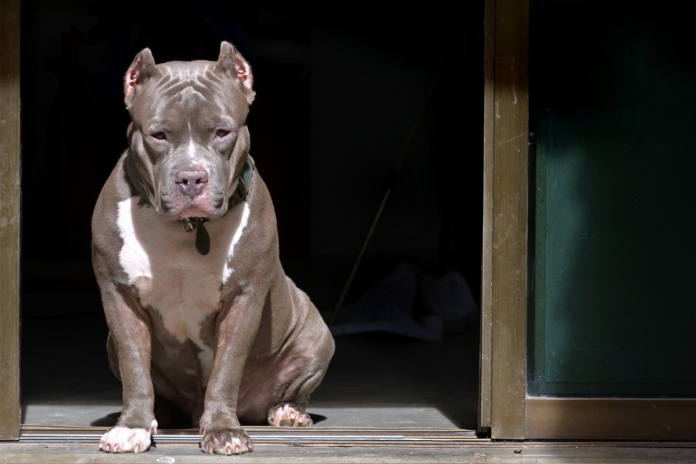Animal attacks can cause serious injuries and permanent disfigurement. When someone is attacked by an animal, they may face high medical bills, lost income during recovery, and other lifelong impacts. Victims shouldn’t have to bear these financial burdens alone, especially after an unprovoked dog attack. This leads to questions about who is responsible for dog bite injuries.
What Laws Govern Animal Bite Cases?
Laws about animal bites usually aim to prevent attacks, punish irresponsible owners, or provide financial compensation to victims. These laws vary by location, but generally, personal injury laws apply to animal attacks, meaning dog owners might have to pay compensation to victims.
Many places have “strict liability” laws for dog bites. Under strict liability, an owner is responsible for their dog’s actions, even if they didn’t know the dog was dangerous. This makes it easier for victims to get compensation without proving the owner was careless.
However, some states follow the “one bite rule.” This means an owner might only be liable if they knew or should have known their dog could be dangerous, such as if the dog had shown aggression before or had attacked someone previously.
When Is an Owner Liable for an Animal Attack?
A dog owner can be held responsible for an attack in several situations, including:
- If the dog has attacked or bitten someone before.
- If the owner has a dangerous or illegal animal.
- If the owner was careless in preventing the attack.
- If the owner broke leash or containment laws.
These conditions, among others, can lead to a personal injury case against the dog owner after an attack.
Can You Sue If You’re Bitten by a Vicious Dog?
Yes, you can sue if you’re bitten by a vicious or unrestrained dog. Dog bite lawsuits fall under personal injury law. Depending on the case, you might sue based on negligence, strict liability, or specific laws about leashes or prior bites. A dog bite lawyer can help you understand your rights and the best way to proceed based on local laws and the details of the attack.





